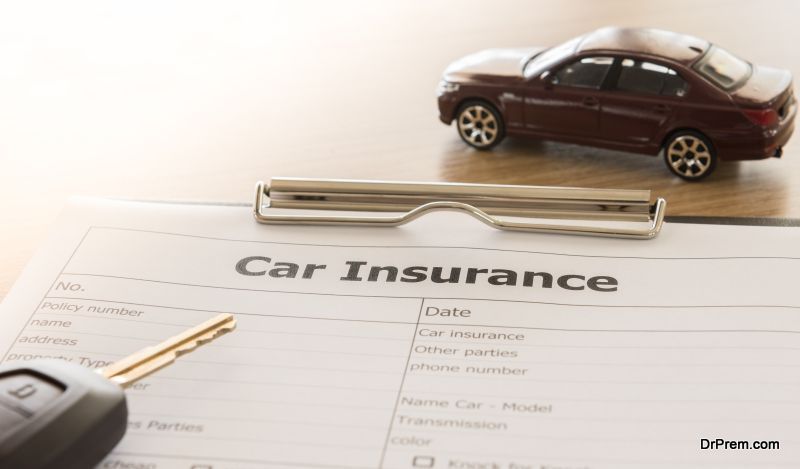It’s possible to save money on car insurance, but only if you look around. The other determining factors, regarding whether or not you will be able to save, involves your understanding of how car insurance prices work. It’s one thing to ask for a discount. It’s another thing to understand why insurance costs what it does. There are many factors that can affect the cost of your car insurance. Here are some of the most important.

Coverage and Deductible. There are, of course, some car insurance coverage that is required by law in your state. You will also have additional coverage options that might pay more in the case that you are injured or your car is totalled. You also have choices when it comes to deductible. If you are willing to pay a high deductible in the event of a collision or other insurable event, you will pay a lower premium each month. A low deductible will make each monthly payment higher.
The Statistical Safety of Your Car. Car insurance companies insure millions of people. As such, they have incredible data about how often certain kinds of vehicles get into accidents. If your car has a low safety rating and is often involved in collisions, statistically speaking, then you’ll pay more money to insure it. Similarly, if you drive an SUV that has a high safety rating and is not often damaged on a nationwide scale, this will earn you a discount.
How Much You Drive. The more often you drive, and the greater distance covered per year, the more you are likely to pay for insurance. Some of this travel may be unavoidable, but if you are able to share a ride or otherwise cut down on the time spent behind the wheel, you will be able to save here.
The Place You Call Home. Theft and collisions tend to occur at higher rates in cities than in small towns and countryside locations. Where you live will have a great deal to do with the price you pay every month.

Your Accident and Credit History. If you have a history of accidents and traffic violations, you will pay more to insure your vehicle. This history is a very real predictor of your future driving behavior, and insurers take it very seriously when deciding how much you should pay each month. The same goes for credit history. Though it may not seem like financial history has anything to do with driving, your insurer won’t see it that way. If you have a low credit score, it might mean that you have challenging realities in your life that have something to do with your driving history or your current safety as a driver.
Your Demographic. Young drivers are statistically more likely to get in an accident than more experienced drivers. Therefore, they will pay more. There are many demographic considerations when it comes to pricing car insurance.
When you understand how your insurance is priced, you can make changes to get a better price, or make a strong argument for a discount with your current or new insurer.
Article Submitted By Community Writer




